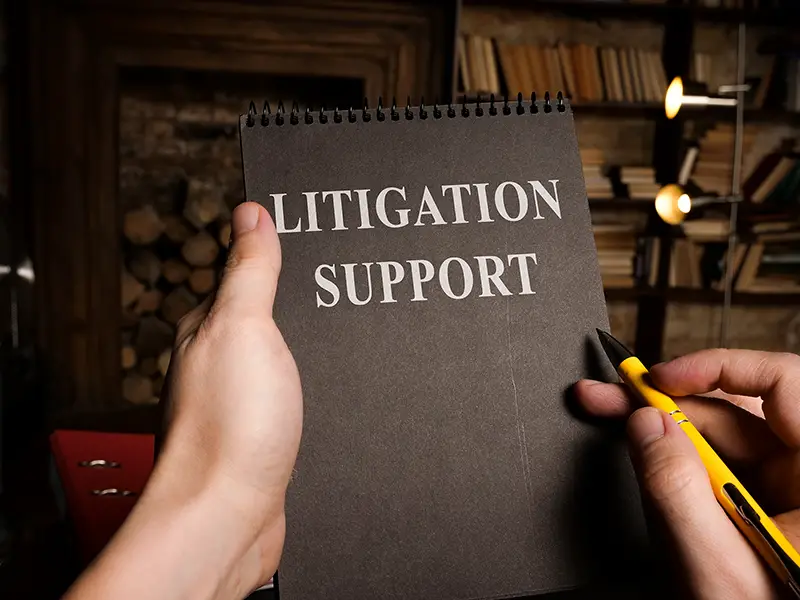Click here to get this post in PDF
A legal dispute involving your business can be stressful. Business owners and directors need to do everything reasonably possible to prepare for trial as soon as it appears evident that the matter will proceed to litigation. Here are some important things that you need to do in order to seek out the right legal counsel to represent you.
Evaluate Whether You Can Work With Prior or Current Counsel
A business entity is likely to have had some type of legal assistance over the course of its formation and development. If you have previously worked with an attorney who has helped with business matters, then you may need to look no further. However, it is important to recognize that many practitioners who assist businesses concentrate primarily on transactional and regulatory matters. Not all business attorneys are experienced in litigation. A practitioner who specializes in contracts, for instance, may have some good insight about a dispute involving a breach of contract, but may not be the best person to represent you in court. If you have a legal dispute that will proceed to trial, it is imperative that you work with counsel who has experience as a litigator. Business owners who are seeking out new counsel should always be sure to inquire about an attorney’s experience handling matters similar to their own.
Build Your Case
In the preliminary stages of preparing for trial, you and your attorney will need to identify what evidence is relevant to establishing claims or defenses. In all civil matters, it is essential that litigants have sufficient evidentiary support for their position. In business disputes, relevant evidence may include financial statements, banking records, and written agreements. Affidavits or testimony from parties with knowledge about issues of fact in dispute can also be very important in legal claims involving businesses. If your case involves complex financial matters, it may be necessary to retain a finance expert witness. Testimony from a qualified expert can help to prove factual issues beyond the general understanding of people who are not well-versed in finance.
Be Mindful About Communication With the Opposing Party
Once litigation is underway, litigants in a dispute involving a business matter must typically communicate through counsel. Naturally, parties may want to see if they can work things out themselves. However, they should be sure to speak to their own counsel before reaching out to someone else directly.
Thorough preparation can help you navigate a business dispute that advances to court. Ultimately, you will need strong evidentiary support in order to prevail.
To learn more on the ethical considerations the expert witness on your case will take, please see expert consulting services.
You may also like: Litigation: Everything You Need To Know About Insolvency Proceedings
Image source: Shutterstock.com

